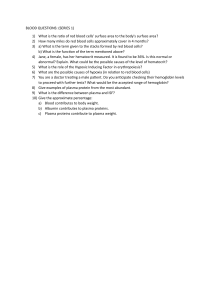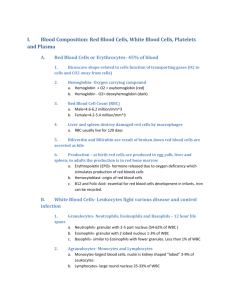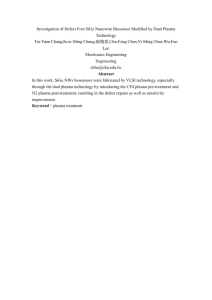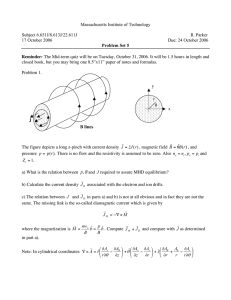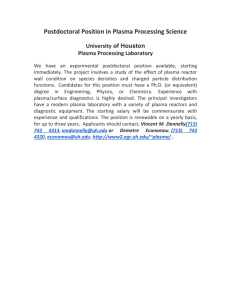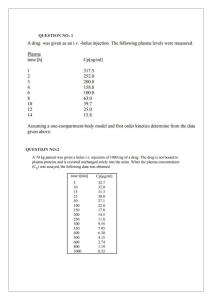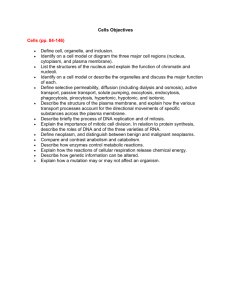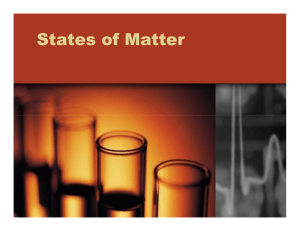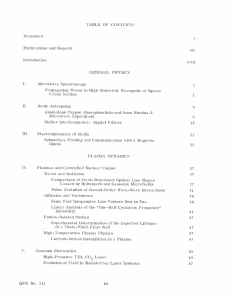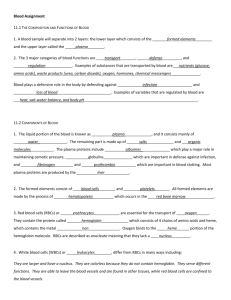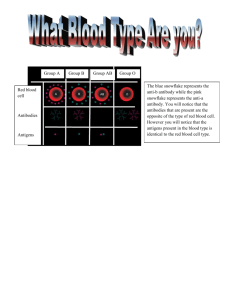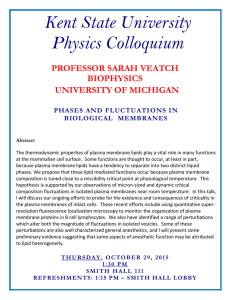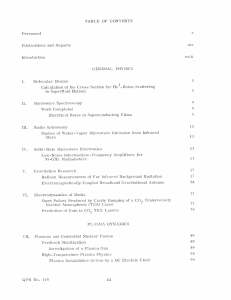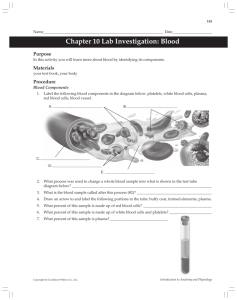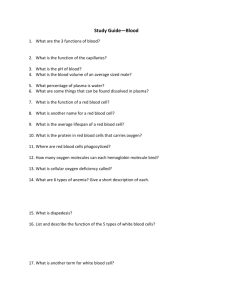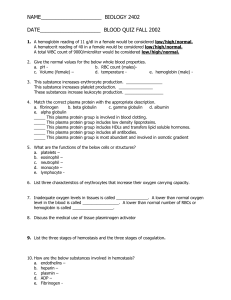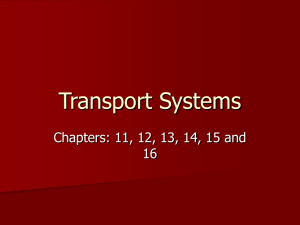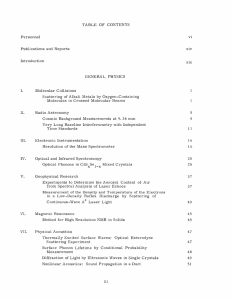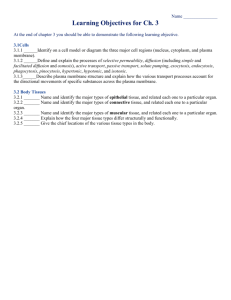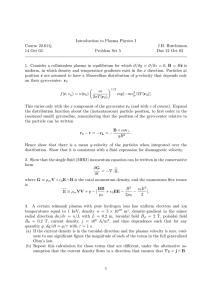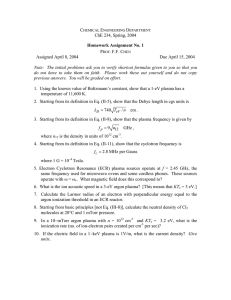Blood Anticipation Guide WS
advertisement
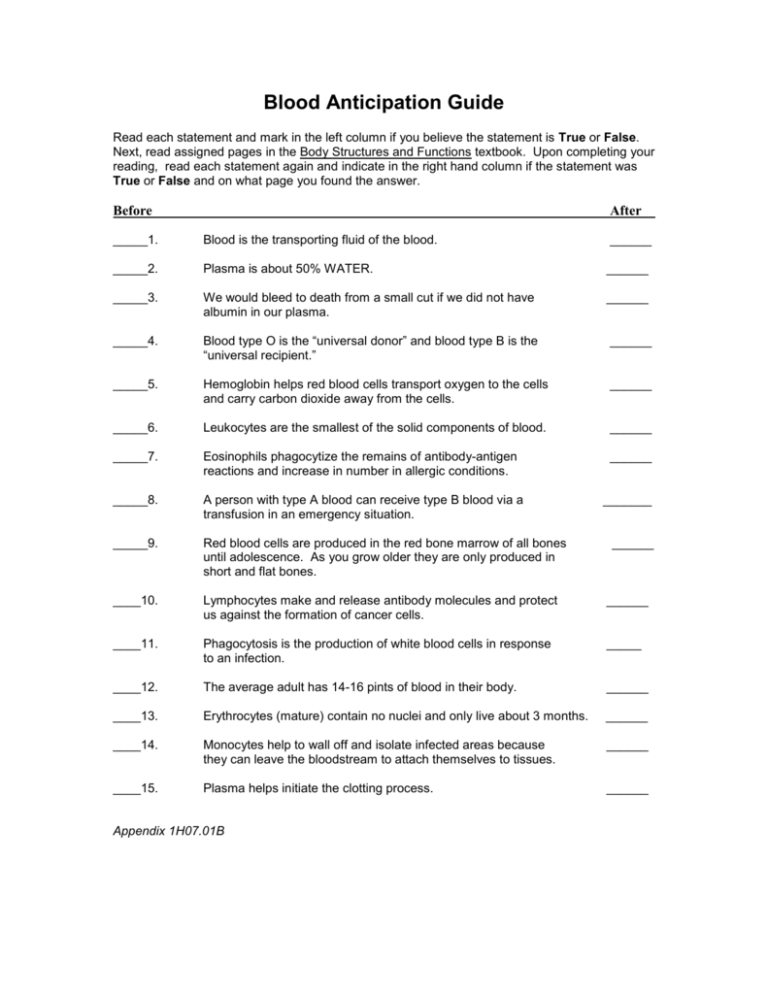
Blood Anticipation Guide Read each statement and mark in the left column if you believe the statement is True or False. Next, read assigned pages in the Body Structures and Functions textbook. Upon completing your reading, read each statement again and indicate in the right hand column if the statement was True or False and on what page you found the answer. Before After _____1. Blood is the transporting fluid of the blood. ______ _____2. Plasma is about 50% WATER. ______ _____3. We would bleed to death from a small cut if we did not have albumin in our plasma. ______ _____4. Blood type O is the “universal donor” and blood type B is the “universal recipient.” ______ _____5. Hemoglobin helps red blood cells transport oxygen to the cells and carry carbon dioxide away from the cells. ______ _____6. Leukocytes are the smallest of the solid components of blood. ______ _____7. Eosinophils phagocytize the remains of antibody-antigen reactions and increase in number in allergic conditions. ______ _____8. A person with type A blood can receive type B blood via a transfusion in an emergency situation. _______ _____9. Red blood cells are produced in the red bone marrow of all bones until adolescence. As you grow older they are only produced in short and flat bones. ____10. Lymphocytes make and release antibody molecules and protect us against the formation of cancer cells. ______ ____11. Phagocytosis is the production of white blood cells in response to an infection. _____ ____12. The average adult has 14-16 pints of blood in their body. ______ ____13. Erythrocytes (mature) contain no nuclei and only live about 3 months. ______ ____14. Monocytes help to wall off and isolate infected areas because they can leave the bloodstream to attach themselves to tissues. ______ ____15. Plasma helps initiate the clotting process. ______ Appendix 1H07.01B ______
